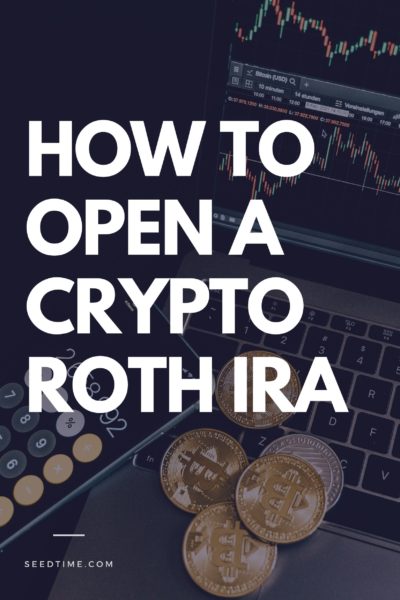In this Morgan Stanley Global Opportunity Fund class A review, we’ll look into the terms, charges, and pros and cons of the investment opportunity’s class A shares (LU0552385295).
We’ll also see how it has fared vs the MSCI All Country World Index against which it’s measured, according to Morgan Stanley Global Opportunity Fund fact sheet, citing Morningstar data.
While the data is referenced here for informational purposes, Morningstar does not guarantee its accuracy, completeness, or timeliness.
If you are looking to invest as an expat or high-net-worth individual, which is what I specialize in, you can email me (advice@adamfayed.com) or WhatsApp (+44-7393-450-837).
As the facts can change from the time of writing, please consult with a financial advisor before making any investment decisions.
Morgan Stanley Global Opportunity Fund A USD Terms and Features
Across a broad spectrum of international stocks, the USD-denominated Morgan Stanley Global Opportunity Fund class A seeks to increase your investment over time.
In a variety of industries and geographical areas, including both existing and emerging markets, the fund seeks out top-notch businesses with significant growth potential.
With the option to also purchase shares in euros and British pounds, the fund is managed by MSIM Fund Management (Ireland) Limited, a division of the Morgan Stanley group.
As of June 30, 2024, the fund’s assets have increased to $12.7 billion from its founding on November 30, 2010 levels.
The Morgan Stanley Investment Funds – Global Opportunity Fund A is organized as a Luxembourg SICAV, a kind of adaptable investment vehicle.
Remember that the tax regulations in Luxembourg may have an impact on your personal taxes based on where you reside.
What’s the investment minimum for Morgan Stanley Global Opportunity Fund Class A?
There’s no required minimum amount to invest both for initial and subsequent contributions.
Morgan Stanley Global Opportunity Fund Holdings
Company shares account for at least 70% of the fund’s interests.
As for geographic exposure, North America represents almost 64% of the fund’s entire net asset. It prioritizes consumer discretionary and info tech at roughly 32% and 21% when it comes to sector allocation, respectively.
Among the top individual holdings are Meta Platforms Inc. at 6.40%, ServiceNow Inc. at 8.10%, and Uber Technologies Inc. at 8.57%.

Morgan Stanley Global Opportunity Fund Fees
The maximum entry fee is 5.75%, but there isn’t an exit fee when you sell your shares. The Morgan Stanley Global Opportunity Fund class A’s ongoing expenses total 1.84%, of which 1.60% is allocated to management.
If the fund concludes that the costs involved in acquisitions, sales, or transfers will adversely affect other shareholders, it may additionally assess a fee on those deals. The fund keeps this fee in order to safeguard the interests of each and every investor.
Morgan Stanley Global Opportunity Fund Performance
The MSCI All Country World Index USD is used as the benchmark for measuring investment results.
For Class A shares, the year-to-date return is 10.74%, while the 1-year return is 23.80%. For comparison, the MSCI All Country World Index logged 11.30% and 19.38% for those respective periods.
In terms of longer-term performance, the fund has returned -3.47% annually over the last three years, 9.59% annually over the last five years, and 12.73% annually since its launch. Comparatively, the index respectively recorded 5.43%, 10.76%, and 9.39%.
In 2023, the class A Global Opportunity Fund Morgan Stanley outperformed the index at 50.26% vs 22.20%.
MS Global Opportunity Fund Advantages and Disadvantages
The fund has outperformed its benchmark over the past year and for the most part since its rollout.
By making investments in a range of top-performing, expanding companies across multiple sectors and regions, it provides diversity and long-term financial growth. The investment process incorporates an analysis of ESG considerations, among other things.
However, the Morgan Stanley Global Opportunity Portfolio comprises almost 30% from the top 5 holdings. This indicates that the fund might be too concentrated. Its exposure to emerging markets also introduces new risks like the potential for political turmoil and currency fluctuations.
Because it’s an equity vehicle, the fund is susceptible to fluctuations in the market and the potential for loss.
Pained by financial indecision? Want to invest with Adam?

Adam is an internationally recognised author on financial matters, with over 760.2 million answer views on Quora.com, a widely sold book on Amazon, and a contributor on Forbes.




















Discussion about this post